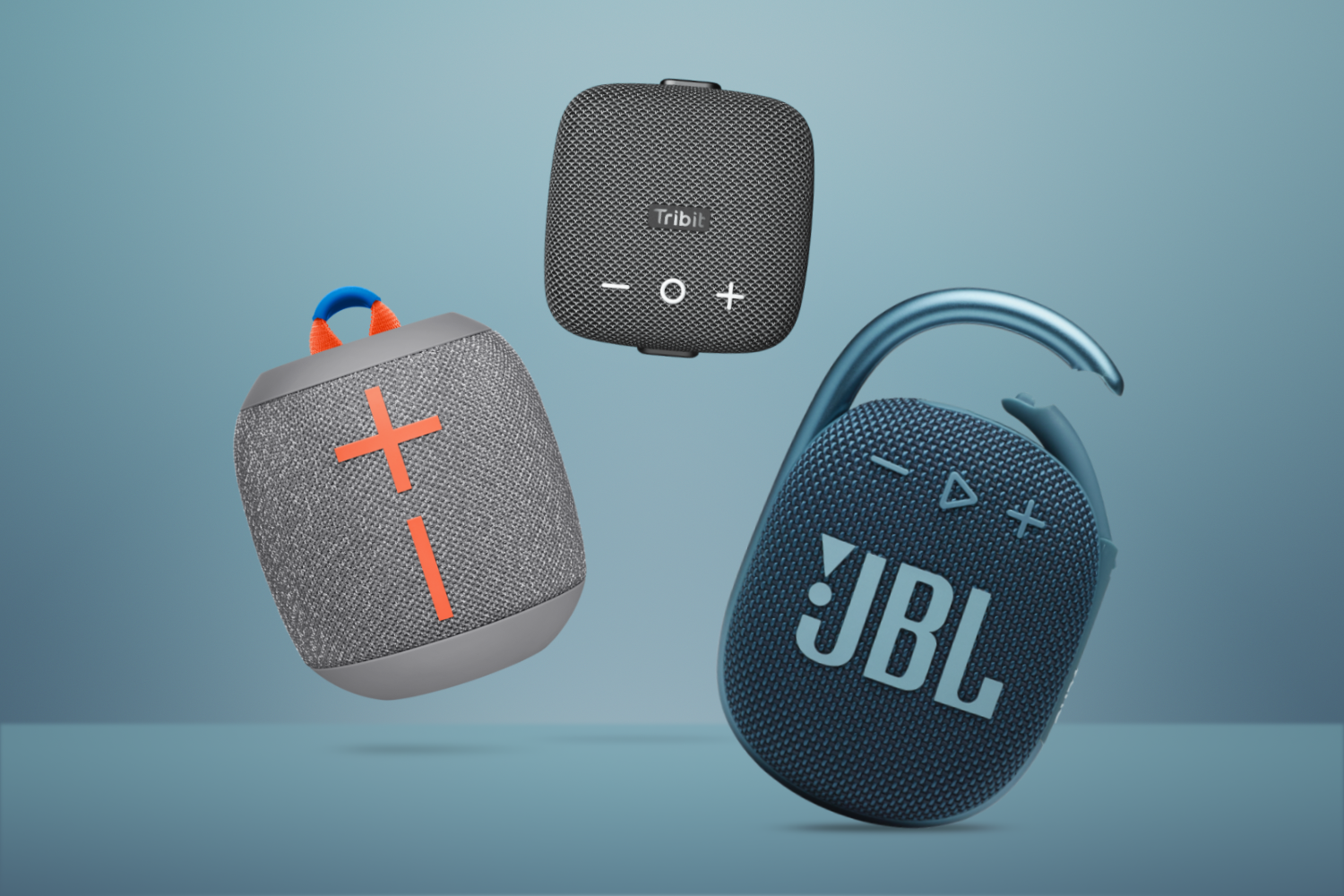I’m a big gamer; not a skilled one by any stretch, but pushing buttons releases certain endorphins that I love to experience again and again. I picked up my phone on a rainy Saturday morning to play Rise of Fearless, a new battle royale peer-to-peer (P2P) game launched on May 3. Kanessa Muluneh, the brain behind the game, had told me there was a launch party that weekend for the game back home in Ethiopia.
And when we spoke again on May 14, I was enthralled by the storytelling; Muluneh’s voice carried so much passion in the way she spoke about trying something new. She poured that passion into building Rise of Fearless.
My gameplay session was mostly filled with a lot of waiting; first, I had to create a game login, then I waited for what seemed like an eternity to find someone to play with. The game kept buffering and ultimately allowed me to play solo, pending when someone joined the game.
In the game, I moved around skillfully with my avatar, craftily performing melees and upper-cutting no one in particular. I collected spears and weapons and never used them, and a few minutes later, the game kicked me out, notifying me that nobody joined the game, and bringing my leisure time to a premature end.
Two weeks later, when I caught up with Muluneh again, this was the first question I asked her: “I like what you’re going for with Rise of Fearless, but P2P battle royale game thrives when people play it; how do you plan to build network effects in the game?”
Muluneh told me that she and her team were working hard to fix the shortcomings. Shortly after the launch party, they introduced a game tournament that skyrocketed the downloads on Google Play Store from 100—when I played the game—to over 1,000.
“When you look at Africa’s gaming industry, we don’t have many wins,” she said. “But Rise of Fearless could easily be as big as Call of Duty Mobile or Fortnite.”
Yet, after playing the game, my submission to Muluneh was that it still needed to improve in many ways, including the graphics, storytelling flow, and an overall pizzazz the game currently lacks—all flaws she is acutely aware of and vows to fix.
From Ethiopia to the Netherlands
Born in Dire Dawa, in eastern Ethiopia, Muluneh was aged three when her parents left the civil-war-ridden country for the Netherlands.
“Ethiopia was an imperial state ruled by emperors before we moved to the political system we have now,” Muluneh said. “When I was young, there was a civil war, and everybody who owned assets was forced to hand them over to the government. So my father left for the Netherlands; he didn’t want to fight.”
It was an experience that changed her dramatically, she tells me. Back home in Ethiopia, Muluneh came from money, but when her family moved to Europe, they became poor.
They were economic refugees in a foreign country, and rebuilding life from the ground up in a new place that didn’t share their values was always challenging, said Muluneh.
Yet, the Netherlands would go on to play a key role in her entrepreneurial journey. Over the course of her entrepreneurial journey, she has launched six businesses and sold four for a combined sum of over $9.5 million. Yet, the most relevant one, she says, was selling a medical tech business at age 21 for $500,000.
In 2013, at medical school, Muluneh was asked to identify a real problem during her internship and find a solution. What she found was something no one else seemed to be addressing.
Most of the assistants working in clinics were women, and when family emergencies came up—as they often did—it was always the women who had to step back from work. Yet, so much of their job, especially patient triage, was already done over the phone.
So Muluneh created a system that allowed nurses and assistants to take patient calls from home, and more importantly, securely access medical records from home too.
It was a simple idea, but one that required sorting through legal, technical, and privacy challenges. She was 21. Bright-eyed and young, and with the wind at her back, Muluneh worked with lawyers, software engineers, and insurance advisors to get it right.
An insurance company later bought the business, which grew her conviction. She later launched businesses in fashion and women’s football. Today, she wears the investor hat, investing in Web3 technology and blockchain, and advising companies in this sector. Yet, this is not set in stone.
“I mostly invest in AI products,” said Muluneh. “I’d say I love spotting problem-solving businesses, because that’s how I started. Right now, I’m at the stage where I’m ready to back traditional businesses in Africa in agriculture and manufacturing.”
Press start: Inside the Battle of Adwa
The Battle of Adwa is an important part of Africa’s history. During the fateful 1884 Berlin Conference, where European countries gathered to divide Africa in the scramble, Italy, rather unfortunately, walked away with dreams of Ethiopia, even though the country had other plans.
What ensued next was a long, raging battle during the 1896 Italo-Ethiopian war period, which saw the African country claim victory over the Europeans. This made Ethiopia the only country on the continent that was never colonised. But importantly, says Muluneh, it inspired other countries to fight back.
“It is an important part of history too, considering the role women played,” said Muluneh. “If you go deeper into the history, it was the emperor’s wife [Taytu Betul] who convinced him that he couldn’t give up; she drew the whole strategy and [Ethiopia] applied it and won.”
Like the battle, the game will involve players teaming up and fighting enemy ranks with local weapons, and competing on leaderboards. Muluneh plans to monetise the product by offering in-game advertising, putting billboards and banners of real businesses in the virtual game, and, sometime in the future, minting valuable non-fungible tokens (NFTs).
Play games, earn money, and build rank
Muluneh walked me through the game development roadmap. In the coming months, it will launch a play-to-earn (P2E) feature, allowing gamers to make money while playing the game.
They will earn from winning game-based NFT collectibles, which they can buy, hold for value, or sell. The developers behind Axie Infinity, the world’s most popular P2E game, are also the team building Rise of Fearless.
“I met the team during my time investing in blockchain technology,” said Muluneh. “And Axie Infinity was something that caught my attention because of the effect it had on the Filipino community. People told me they enjoyed the game because it allowed them to earn real money. I connected with the developers and saw an opportunity to bring this to Africa.”
After releasing a first version of the game, Muluneh will ramp up marketing and development, building a connected Battle of Adwa-based connected storyverse that will hook players.
Though this is a passion for Muluneh, her eyes remain on the prize: how she’s going to sell the game. Yet, this won’t happen anytime soon. She wants to grow the game to be one of the biggest built out of Africa, for home-based Africans, diasporan Africans, and black Americans all over the world.
“Rise of Fearless is going to be a billion-dollar game,” she said. But first, the team is focused on racking up 100,000 users in year one.
A challenging part of scaling a game like this across continents, according to Muluneh, is the regulatory part. Payments across intra-African markets are fragmented, and digital assets like NFTs have not been legally recognised in some countries.
This could spook users. Plus, as Web3 has historically been a scam-ridden sector, convincing governments to change their stance and allow the game to operate will be the biggest hurdle—especially when NFT payments begin to gain traction.
Silicon Valley appeal
Muluneh told me she’s currently closing a $700,000 investment round to develop the game. So far, she’s received inquiries from investors about the investment opportunity, and has had to turn down a few offers—a privilege she claims comes with building a solid network as a founder-turned-investor.
“What people need to realise when looking for investors is that we are just there to get money, preferably without getting headaches,” said Muluneh. “Most pitches revolve around how great their product is or how unique. That’s good, but we care when there’s popularity, or hype [around your product], the possibility for investment, and how quickly our money comes back to us.”
For Rise of Fearless, Muluneh built a momentum around the Web3 game, plus the storytelling is going to be a major catch for investors who want to be part of something about Africa that is more granular and holds historic relevance, Muluneh predicts—that, and the her billion-dollar revenue pipeline she’s betting on for her game.
“First round, I told an investor I needed $700,000 for Rise of Fearless, and with that money, I’m going to do marketing and bring in knowledge,” said Muluneh. “And this investor comes back to me and says, ‘We have a wallet portfolio of $8 million; we can give you the $8 million.”
Muluneh refused to sign because the deal didn’t feel right, and it didn’t align with her values. It’s an easy way for investors to trick founders into giving the majority of their companies to them, she said.
“If I had taken the deal, that would mean giving a large part of my company for $8 million, knowing this could be worth way more in 5–10 years, and I’m talking in billions. That’d be a cheap giveaway,” said Muluneh.
While she doesn’t rule out a possible 50% sale in the future, it’s still too early to consider huge raises. She wants to build her game with just the right amount of resources, scale it into an empire, and exit with outsized returns on her time, efforts, and money spent.
Still a long way to go
Muluneh acknowledges how far the game still has to go, though she does not downplay the journey she’s been on. While she’s sat at the table as an advisor to Web3 businesses, building a game makes her feel like a fish out of water.
The more we build, the more bugs we face, said Muluneh. Yet, she has put out thoughts that tempted her to delay the game’s rollout.
“Most of the negative comments we’ve gotten have been around graphics, and we’re fixing that,” said Muluneh. “I had a mentor who said it’s always easier to build a simple product and adjust it and keep building until it’s perfect; that stuck with me.”
With tech products, people have more patience and will come back as you keep making it perfect. That’s why following a community-led marketing approach makes the most sense for her.
Now based in Dubai, Muluneh splits her time occasionally in Ethiopia. A mother of three now, but still the bright-eyed 21-year-old who sold a medical remote call business. She has her eyes set on industrial businesses like fashion, exploring ways she can turn the tide with technology. But right now, Web3 will do.










